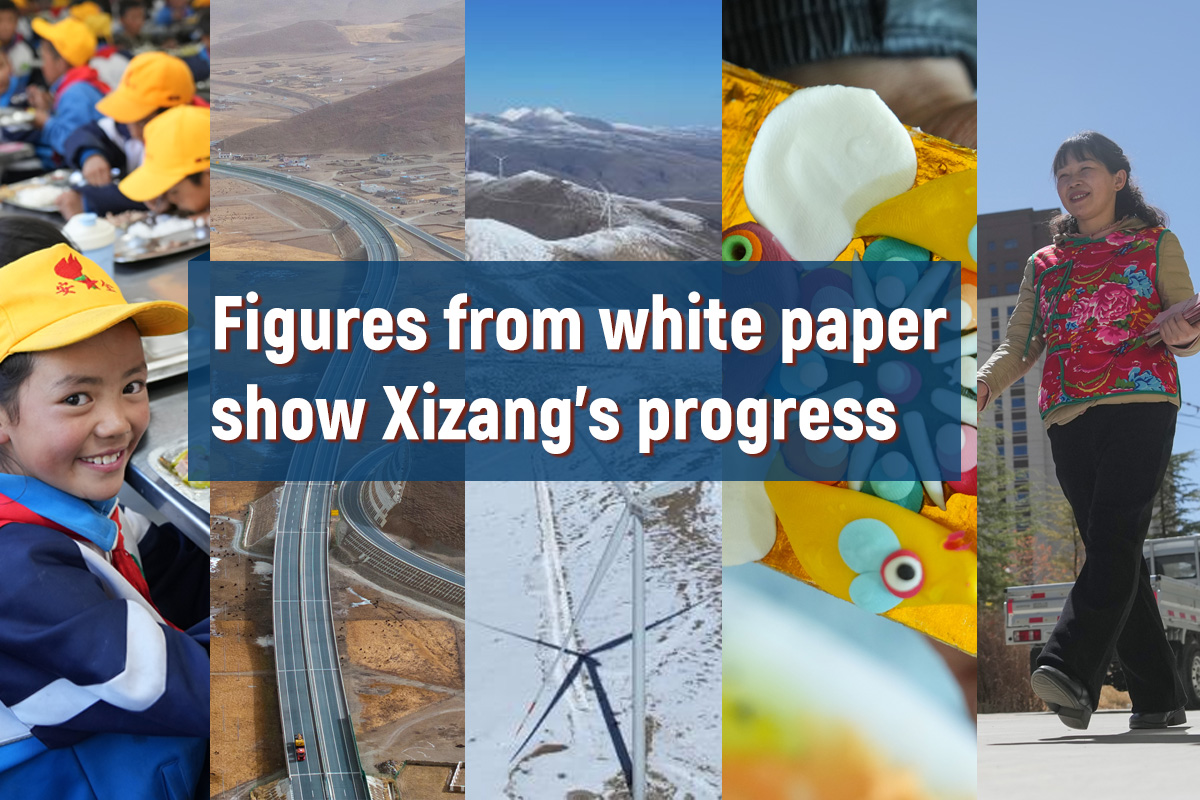Revving up to be a 5-star powerhouse


Deepening integration
Hong Kong has played a significant role in accelerating the integration of the Greater Bay Area. The SAR, as the "superconnector" between the mainland and the world, has been the staging ground for mainland companies "going out", with foreign capital flowing into the city in the past three years, aided by its sophisticated financial infrastructure.
"Hong Kong is always changing and we're excited over the vast opportunities that are constantly emerging," said Ben Simpfendorfer, chair of the Greater Bay Area Council at the American Chamber of Commerce and a partner at management consultancy Oliver Wyman.
In his view, the Greater Bay Area is an "aspiration to introduce international standard practices across all industries". In essence, the region mirrors its forward-thinking and international mindset for bringing its domestic companies into the global arena.
"Let's not forget that we (Hong Kong) are an international business hub, and we're here to help mainland companies in the Greater Bay Area to go global and internationalize their businesses," Simpfendorfer said.
Chui said that Hong Kong, as a world aviation hub, has a significant edge in high-end logistics and supply chain management. "Such an advantage enables Hong Kong to propel the continuous development of the world-class logistics system supporting China's international trades."
Hong Kong should harness the vast opportunities from the gradually and organically-deepened regional integration in the Greater Bay Area, and strengthen its role as a gateway to connect the region with the rest of the world, said Chui.
Foreign direct investment in the Greater Bay Area shot up to $103.74 billion in 2020. Hong Kong topped the list with $74.46 billion, followed by Shenzhen with $8.68 billion, according to the data from online statistics provider Statista.
Chui said the Greater Bay Area's development will spur demand for financial services, further boosting Hong Kong's international financial center status.
Eric Lin Pui-kwan, head of China research at global financial services firm UBS, believes the expansion potential of cross-border wealth investment will deepen the financial links among the Greater Bay Area's 11 cities.
A UBS report showed that southbound assets under management would range between 700 billion yuan and 1.5 trillion yuan by 2030, involving 2 to 5 percent of the financial assets of households in the Greater Bay Area.
Ivan Li, head of financial services of Southern China at KPMG China, said the Cross-boundary Wealth Management Connect Scheme in the Greater Bay Area serves as the bridge for mainland investors to step into the international market and provides a huge opportunity for the banks in the region, especially banks in Hong Kong.
Hong Kong and the mainland rolled out the Wealth Management Connect in October last year, allowing banks to sell cross-border investment products to the region's eligible residents.
"We expect the program to increase the types and quotas for investment products when the pandemic eases further," Li said.
Jimmy Chiang Hok-lai, associate director-general of InvestHK — the Hong Kong government department tasked with attracting and retaining foreign direct investment — said all companies, regardless of whether they're inside or outside Hong Kong, should recognize the Greater Bay Area's huge market potential and adopt a "GBA mindset". This is probably the zeitgeist of the region.
- Beijing Library selected as The World's Greatest Places of 2025
- Chinese mainland condemns Taiwan for expelling mainland spouses
- China launches four experimental satellites
- Initiative unveiled to help 2,000 low-income families
- Hainan's duty-free shopping policies gain success in two years
- PLA drills a clear message to Taiwan separatists, expert says





































